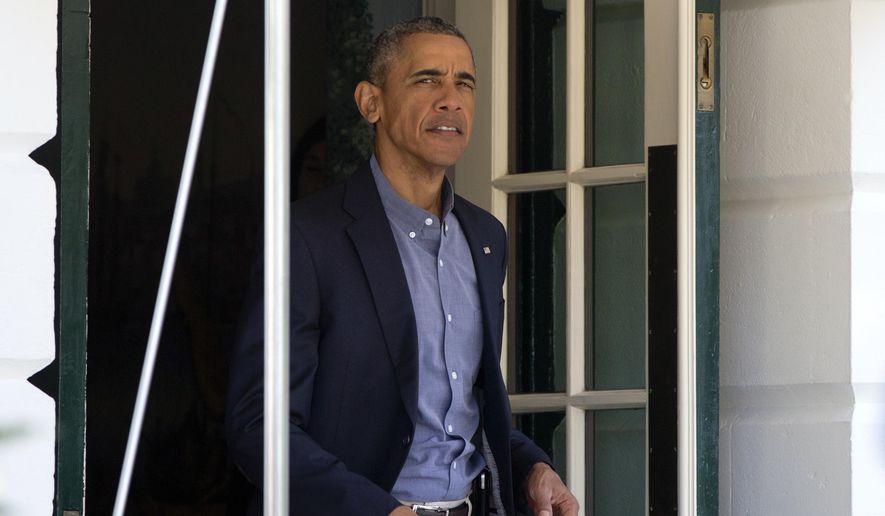OPINION:
In aviation it’s called the point of no return. That point in a flight when catastrophe strikes and the airplane, because of low fuel or mechanical impairment, cannot make it safely back to its takeoff point.
That’s where we are with the dangerous Iran nuclear deal, the theocratic Islamic Republic of Iran and the 34 shameless Senate Democrats who bowed to pressure and announced their support for the flawed pact, thereby guaranteeing that the president’s veto of any measure of disapproval cannot be overridden.
While that still leaves, as of now, 66 senators opposed to the deal and a large majority in the House likely opposed to it as well, the way things work, or don’t work in Washington, the Iran nuke deal will likely stand.
I have asked this question before in this column, but here it is again: Why would the United States, or any country, trust a theocratic regime whose extremist clerics command the elimination of Israel and America and promise zealots that, if they die while committing acts of terror, they are guaranteed a first-class ticket to Heaven?
Promises of stringent inspections are meaningless, especially when Iran has already said it will never allow outside access to its military sites. Ali Akbar Velayati, the Iranian security adviser to Supreme Leader Ayatollah Ali Khamenei, has stated firmly that, “Regardless of how the P5+1 countries interpret the nuclear agreement, their entry into our military sites is absolutely forbidden. The entry of any foreigner, including IAEA inspectors or any other inspector, to the sensitive military sites of the Islamic Republic is forbidden, no matter what.”
Iran has also vowed to continue to produce its own soil samples for international inspectors. This is like an athlete scheduling his own “random” urine tests for sporting officials who suspect the use of performance-enhancing drugs. The very notion of stringent inspections proves that the regime’s level of credibility is only slightly below that of Hillary Clinton.
Tehran’s Mehr News Agency reported that Seyed Abbas Araghchi, Iran’s senior nuclear negotiator at the Assembly of Experts, a body of Islamic theologians charged with supervising the activities of the supreme leader of Iran, said, “the Islamic Republic of Iran, overall, has achieved what it was seeking in the negotiations, while protecting its national glory, imposing its will on the powers.”
Question: If Iran is not developing a nuclear weapon, why does it need long-range missiles? Iranian military leaders have bragged that such missiles could strike the United States. What with, if not a nuclear bomb?
The Obama administration, enabled by too many spineless members of Congress who make one wonder how they can even walk upright, has cleverly and dangerously signed a deal with the Iranian devil for which it will not have to take responsibility should things go south. And that is not likely to occur until after President Obama has left office and some of these other Neville Chamberlains have retired or been defeated.
When the missiles with their nuclear warheads head for Israel, and Tehran threatens to strike American cities if we rush to defend the Jewish state, as Richard Nixon did during the 1973 Yom Kippur War, what will the next administration, or the one after that, do? Blame will not be a sufficient defense.
The administration suggests that this bogus deal avoids war with Iran. History teaches that buying time with an evil regime not only delays the inevitable conflict, but makes that conflict more costly when it occurs.
To complete the metaphorical circle, here’s part of a lyric from “Past the Point of No Return” from “The Phantom of the Opera”:
“Down once more to the dungeon of my black despair …
“Down we plunge to the prison of my mind …
“Down that path into darkness deep as hell!”
We may not be in “hell” yet, but with this deal we can feel the heat and it isn’t caused by “climate change.”
• Cal Thomas is a nationally syndicated columnist. His latest book is “What Works: Common Sense Solutions for a Stronger America” (Zondervan, 2014).




Please read our comment policy before commenting.